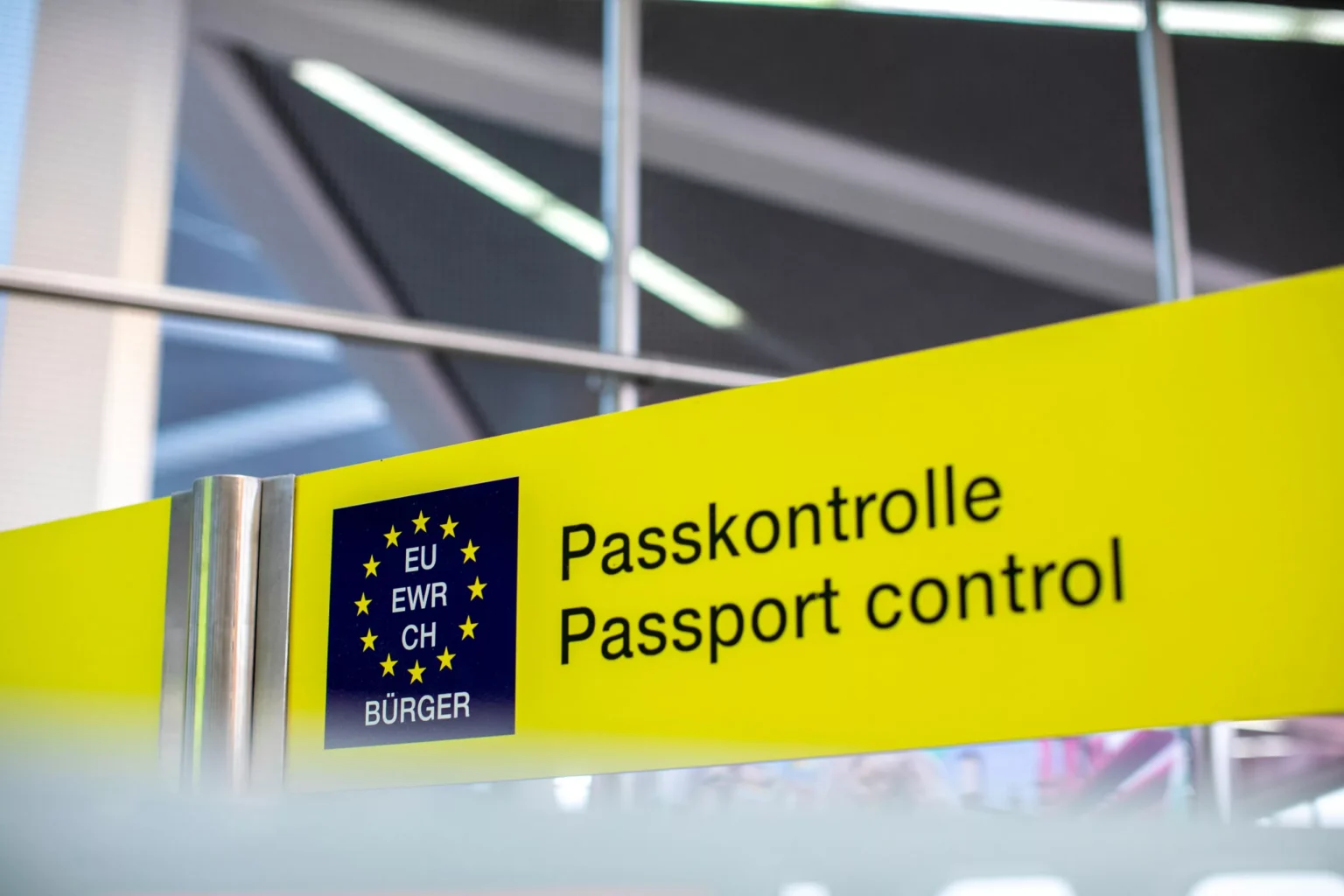<!–
<!–
–>
The European Union is rolling out a new biometric Entry/Exit System (EES) and here is what you need to know as a South African ahead of your upcoming travels.
European Passport Control/Daniel Schludi/Unsplash
The European Union is rolling out a new biometric Entry/Exit System (EES), and here is what you need to know as a South African ahead of your upcoming travels.
According to reports by Travel and Tour World, the EES comes into effect on 12 October 2025 as a digital replacement to the passport stamping process. Travellers will now have to do mandatory fingerprint and facial recognition scans at the EU border points to be allowed entry. The purpose of the system is to streamline the immigration process and strengthen border security.
The new digital platform will electronically record biometric data of all non-EU travellers entering or exiting the EU on short-stay visas. The data will be stored for 3 years, after which you will have to record your data again, should you travel back to the Schengen area. Full implementation will take place over six months and will be functioning at all points of border entry, including airports, seaports, and land borders.
Key Information for ALL South Africans:
- Biometric registration is mandatory and free of charge.
- You will be denied entry if you do not comply.
- After initial registration, the system will make entry quicker for frequent/repeat travellers through automated electronic gates.
- All South African citizens will still require a Schengen visa; the system is simply a replacement for the stamps.
Although the system is in place to make entry easier, all travellers will need to be patient as airports adjust to the new technology. As the EES will be rolling out over time, it is advised to stay informed and keep an eye on changing rules for the countries that you plan to visit as systems may change in between booking and your date of travel.
Follow us on social media for more travel news, inspiration, and guides. You can also tag us to be featured.
TikTok | Instagram | Facebook | Twitter
ALSO READ: Why South Africans are choosing staycations over passports
<!–
#mobile-only{
display:none;
}
@media only screen and (max-width: 910px) {
#mobile-only {
display:block;
}
}
–>
<!–
–>




